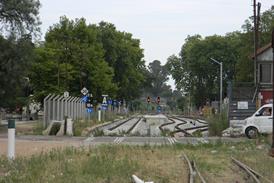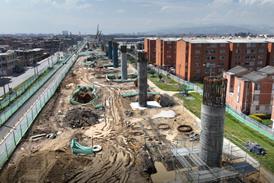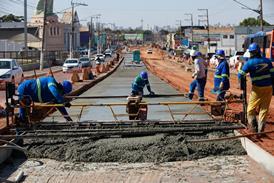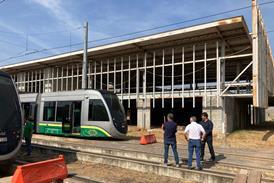SHOCK WAVES reverberated around the North American metro industry in June with the resignation of Rick Ducharme as Chief General Manager of Toronto Transit Commission.
Quitting the week after a strike shut down the city’s metro and tram networks, Ducharme blamed political interference. He singled out TTC Chairman Howard Moscoe for the decision not to tender for a new fleet of metro cars. TTC plans to negotiate directly with Bombardier for construction of 234 vehicles at its Thunder Bay plant. Rival bidder Siemens has lodged a complaint, mirroring the action taken by Alstom over Montréal’s similar decision to negotiate exclusively with Bombardier (RG 6.06 p310).
Meanwhile, Alstom is running into problems with its contracts for Washington MATA. Inspectors refused to accept the new vehicles, citing quality control issues with the Ukrainian steel used at the Barcelona plant. Region President Roelof van Ark responded that Alstom has now changed supplier, but the contract is said to be running three or four months late.
With the price of metro cars topping US$1m per vehicle, the Federal Transit Administration has launched a Co-operative Procurement Pilot Programme. Implicit PurchasePooling Solutions has been commissioned to evaluate whether joint purchases can reduce the procurement, capital and maintenance costs. Participating authorities have been offered a 90% federal contribution to the capital cost, against 80% for purchases under the usual rules.
The FTA’s timing seems unfortunate, given that several US operators have recently placed large orders, and few of them share common specifications. Industry insiders comment that a similar initiatlve in the late 1970s produced no meaningful results.




















